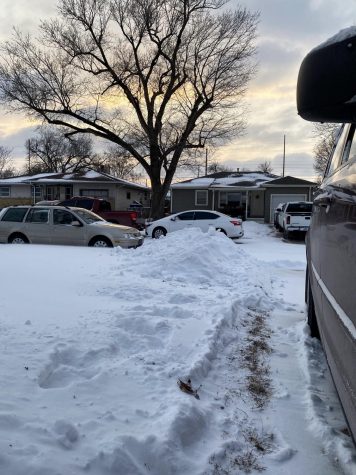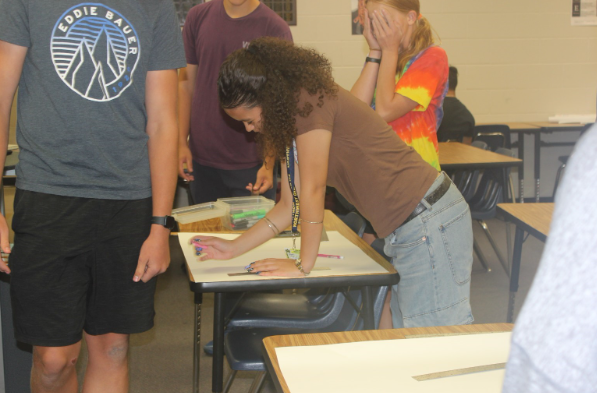What is depression?
Depression is a mental disorder which leaves a person feeling unsatisfied, despondent, and sad for long periods of time. According to the Mayo Clinic, depression can be caused by a physical or chemical imbalance in the brain, as well as genetics and emotional trauma. All of these out of a person’s control.
Depression is never the fault of those affected, it is not something they choose. Depression is also extremely common among teens and young adults and those who abuse substances. Also those who suffer from clinical anxiety, (no not being worried before a test, but REAL anxiety,) as the two mental illnesses often go hand in hand with one another.
And just as depression can stem from anxiety, it can go the other way. Some of the more common results of depression include anxiety as well as weight change, difficulty in school, work, and social isolation.
In more extreme and untreated cases of depression, some turn towards substance abuse and other forms of self mutilation. This is used as a form of escape for some people, a sort of release. For some it’s the only thing they can feel.
Some common warning signs for depression include (from the Mayo Clinic):
- Feelings of sadness, emptiness or unhappiness
- Angry outbursts, irritability or frustration, even over small matters
- Loss of interest or pleasure in normal activities, such as sex
- Sleep disturbances, including insomnia or sleeping too much
- Tiredness and lack of energy, so that even small tasks take extra effort
- Changes in appetite — often reduced appetite and weight loss, but increased cravings for food and weight gain in some people
- Anxiety, agitation or restlessness — for example, excessive worrying, pacing, hand-wringing or an inability to sit still
- Slowed thinking, speaking or body movements
- Feelings of worthlessness or guilt, fixating on past failures or blaming yourself for things that are not your responsibility
- Trouble thinking, concentrating, making decisions and remembering things
- Frequent thoughts of death, suicidal thoughts, suicide attempts or suicide
- Unexplained physical problems, such as back pain or headaches
There are also several types of depression, such as seasonal depression, and anxious distress depression. Some types of depression can be accompanied with things ranging from hallucinations to involuntary movements.
If you experience any of the above symptoms, get immediate help. Set up an appointment with your family doctor to be referred to a therapist. Even talking to the school counselor is a good start.
If you feel you may have depression, take note of your symptoms for reference during your first visit. Also take into account familial history, your current situation, any events that may have triggered this, and even a medicine you started. All could be a legitimate cause of depression.
Seek immediate attention if you feel suicidal, or even begin to contemplate suicide. Call an emergency hotline or find another form of emergency service.
Depression can be worked through gradually with persistence, it is hard, but always worth it.
Listen to your doctor, take notes, be actively involved in resolving your depression. It is extremely difficult, but having a good support system behind you is always a good idea.
Treatments can include medication (like with any other disease,) and therapy, or a mixture of both.
If your friend or someone you know shows these symptoms, seek help for them. Talk to them. And most importantly; listen to them. Don’t just tell them to cheer up or put their mind on other things, as this does nothing to help. Do not blame them. Be supportive and recognize their problems, and offer to help them work through their depression.
Depression does not have to be faced alone. The suicide hotline can be found at 1-800-273-TALK, and crisistextline.org can also be helpful.




